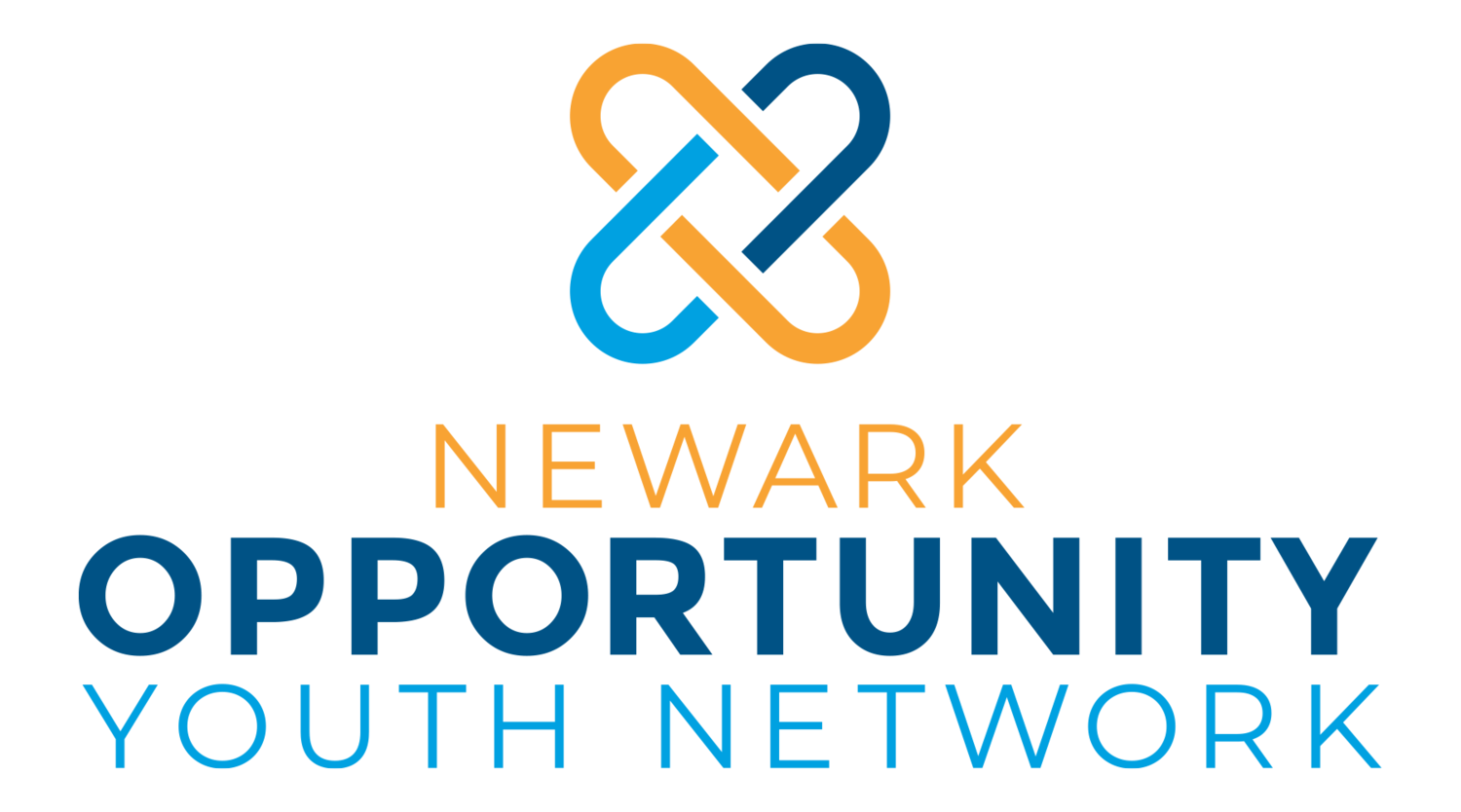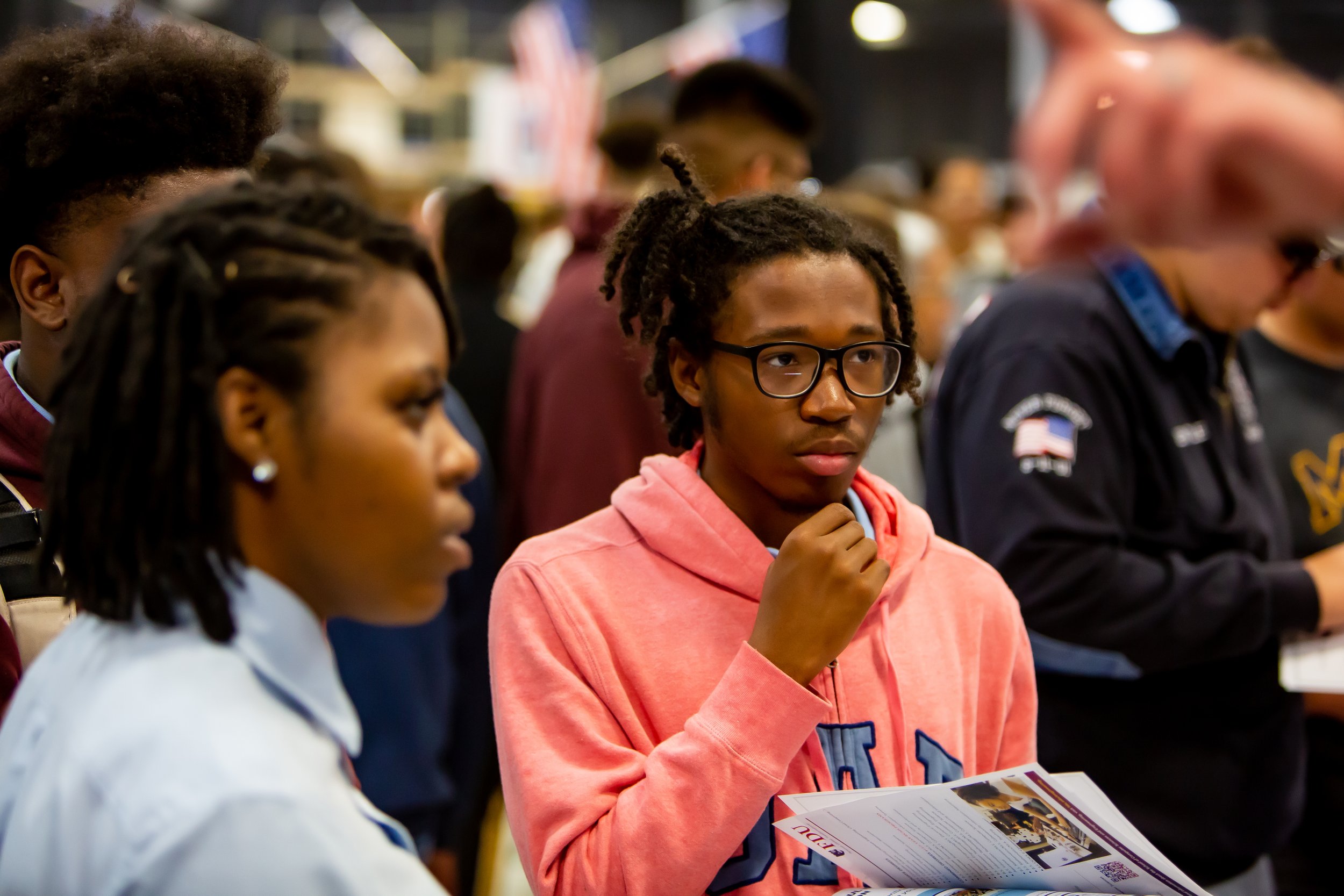Speaking for Ourselves
By Dawan, Current Youth Policy Advisory Board Leader
Have you ever felt like you have been in an echo chamber of your own thoughts that go unspoken? Like you want to say your own thoughts but feel that either they’re not important or that someone outshines you? Well, you’re not alone. Many young people, including me, experience a deep and overpowering feeling to keep our thoughts locked up, only to be suppressed or forgotten.
This is why the work of Cortico and the Local Voices Network (LVN) is so important. LVN is committed to ensuring that “underheard voices are brought to the center of a stronger public dialogue.” Opportunity Youth Network’s Youth Policy Advisory Board (YPAB), a group of young people from across Newark, are working on a project in partnership with Cortico to give other Newark youth the space to share their stories and to make sure they know their perspectives are powerful. The central purpose of our project is to better understand what causes students to be absent from school or to disengage from their school community.
As a YPAB leader and young person, I previously have been disengaged from school and know first-hand what it feels like to have your thoughts devalued or ignored. I am really looking forward to giving other youth from throughout Newark the chance to speak out about their experiences. Over the past several months, myself and other YPAB leaders have been learning the skills necessary to host focus groups with 200 Newark young people to hear about what may cause a student to skip school.
The COVID-19 pandemic brought to light an issue that young people have been facing for a while: a major disconnect between youth and their school environments. There are a multitude of reasons for why youth disengage from or just stop attending school. Currently, Newark has the second lowest percentage of adults aged 25 and older with a high school diploma (77%). This doesn't even include the 15% of current Newark students who don't even finish the 9th grade. Simultaneously, the dropout rates across New Jersey average at a mere 1%. We need to better understand the experiences of Newark youth and make sure our schools and community can support all learners.
Some people might assume that because of our age and lack of maturity, young people are just skipping school to play around, be outside or just do nothing. That isn’t always the case as many have serious problems that keep them from attending school. For example, there are some youth dealing with family matters and some are even working to try and provide for their families.
We need to collectively find a solution to reconnect the youth back into the education system and prevent them from disengaging in the first place. Newark is a community that is predominantly populated by people of color (49.54%), a lot of the youth here are never given the option of telling their story or explaining why they might miss school. As a black teen myself, I know systems often try to define us and present us as troubling statistics that do nothing for society. But in reality, most of the young people in Newark just aren't dealt the same cards as many other young people throughout New Jersey are.
It is only through conversations and connecting with others that we can begin to fully understand each other and others lived experiences. I am proud to lead a project that will ensure that Newark youth’s concerns and problems are not only voiced, but heard by people in the position to effect change.
We need to amplify the voices of young people for the betterment of my generation, and future generations so Newark can remain a lively city where everyone can thrive.


